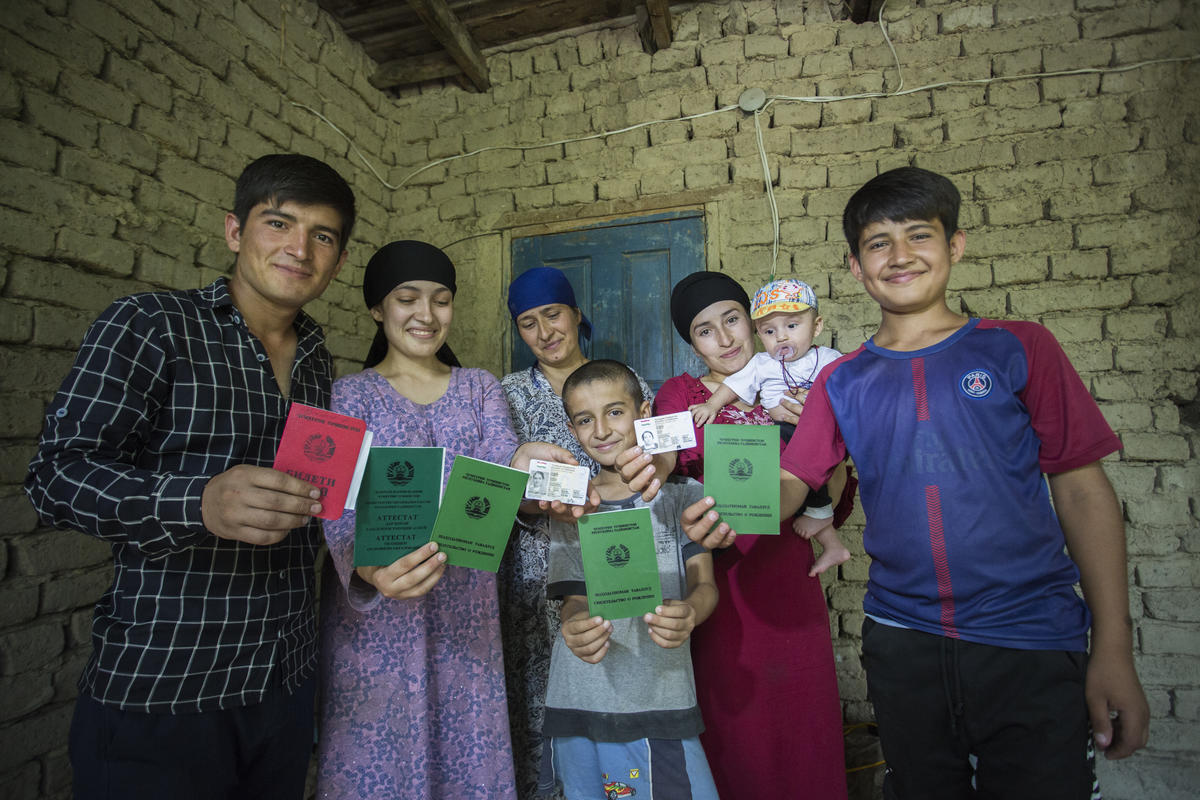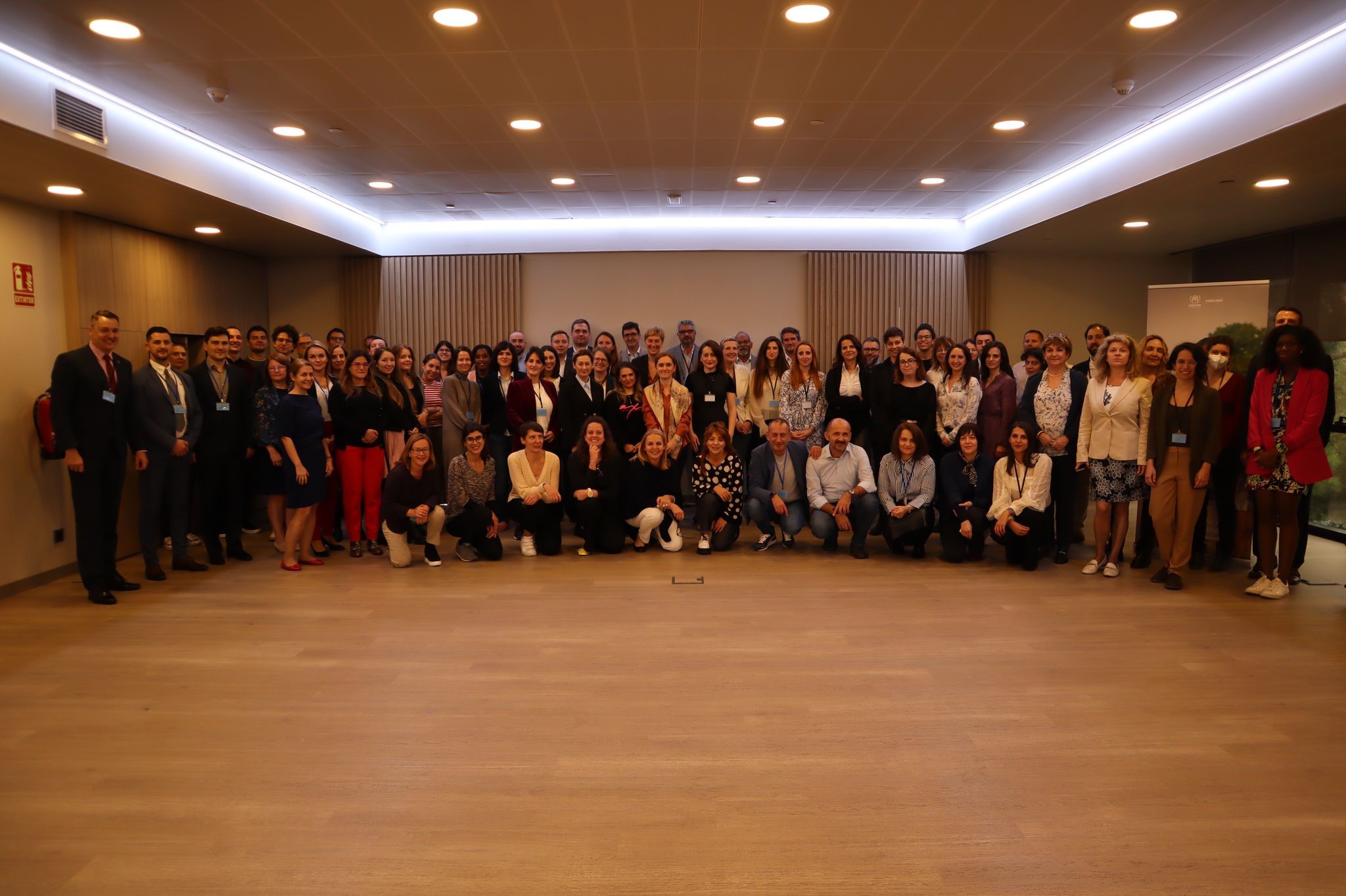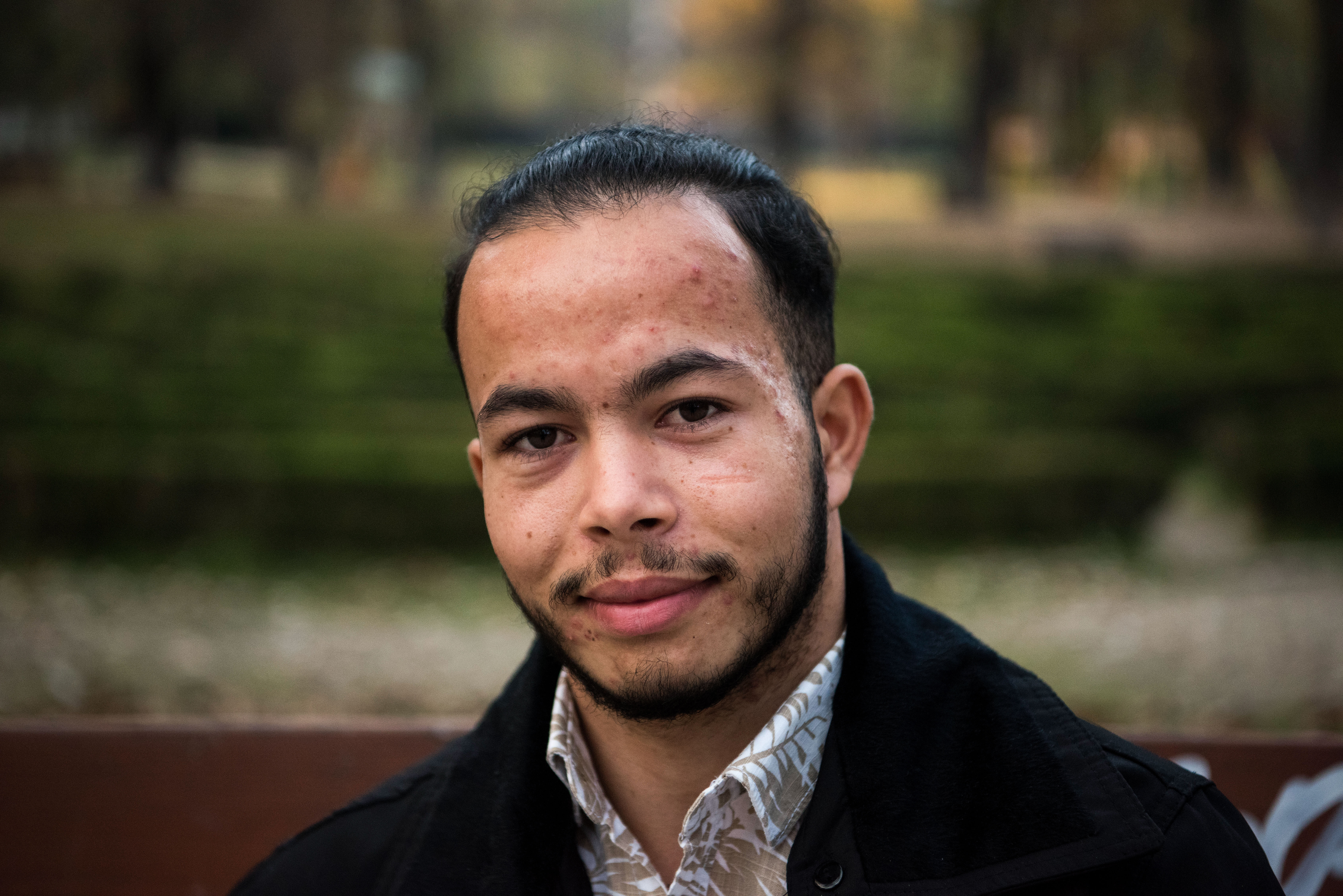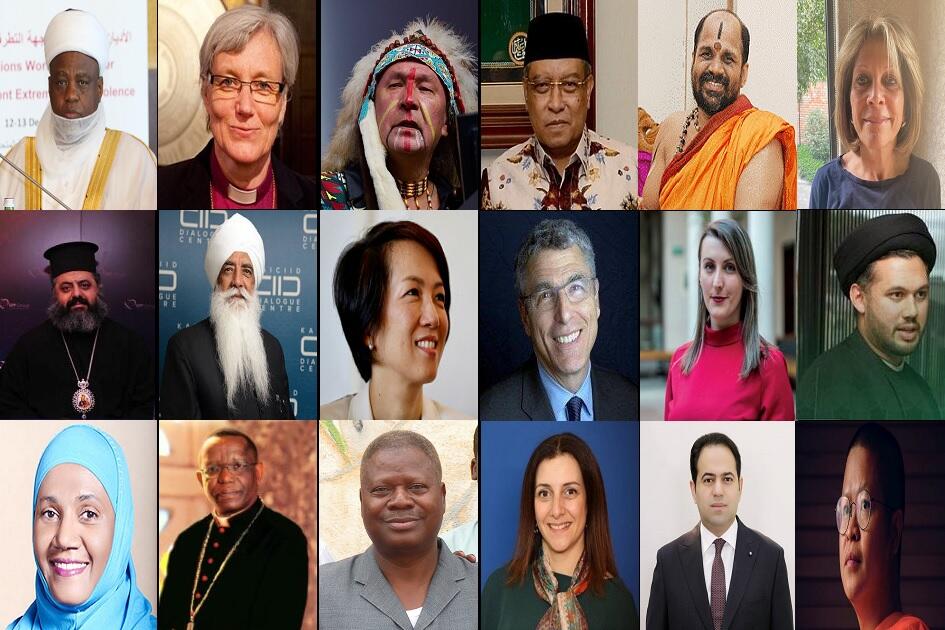Kyrgyz president makes refugees feel at home
Kyrgyz president makes refugees feel at home

BISHKEK, Kyrgyzstan, September 2 (UNHCR) - In an important boost to Kyrgyzstan's naturalisation process, President Askar Akaev recently presided over a ceremony to distribute passports to 69 long-time Tajik refugees.
Last Friday's event saw refugees living in the Chui Valley near Bishkek receive passports, and hence Kyrgyz citizenship, personally from the President in a colourful ceremony that ended in a fanfare of national music and song.
In his speech welcoming the refugees as new Kyrgyz citizens, President Akaev praised the work of UNHCR and thanked the agency for finding durable solutions for refugees in Kyrgyzstan. He was joined at the ceremony by refugees and their families, as well as the country's State Secretary, Vice-Prime Minister, the Ministers of Interior and Foreign Affairs, and several parliamentarians.
Across Kyrgyzstan, a total of 89 Tajik refugee men and women were granted citizenship last Friday following a presidential decree. The actual number of people who obtained Kyrgyz nationality was much higher, as children obtain citizenship through their parents. Thus the total number of new Kyrgyz may be several hundred persons.
The recently-naturalised refugees have been living in Kyrgyzstan for more than eight years. All were predominantly ethnic Kyrgyz who fled Tajikistan during the five-year civil war that erupted following the country's independence from the Soviet Union in 1991.
James Lynch, who heads UNHCR's liaison office in the Kyrgyz capital, said that to date more than 1,500 Tajik refugees have been naturalised, with most of them becoming citizens of the Central Asian state in the last year.
Lynch believes the President's personal interest in naturalising the Tajik refugees, many of whom have prospered as farmers, will help the remaining 6,000 Tajiks end the limbo of refugee life and become Kyrgyz citizens soon, if they wish.
"It shows all levels of government that he wants it to happen," said UNHCR's Lynch of the significance of President Akaev's presence on Friday to the momentum behind naturalising refugees.
Despite the option of assuming Kyrgyz nationality, some 7,000 mainly ethnic Kyrgyz refugees have returned home since the civil war ended in Tajikistan, with 2,000 people having gone back in the last two years.
Those people naturalised to date were considered legally stateless as they had fled Tajikistan before that state promulgated its constitution in late 1994. To help refugees who fled Tajikistan later and who wish to become Kyrgyz nationals, Lynch said his office is gathering all the necessary paperwork so that they will obtain Kyrgyz nationality upon application, without having to renounce their Tajik citizenship first and then having to wait in interim statelessness. This parallel procedure follows a May 2002 accord signed by the Kyrgyz and Tajik Foreign Ministers in St. Petersburg.
Throughout Central Asia, UNHCR has been working for years to resolve the pressing matter of statelessness, which affects more than 230,000 people across the region. The leadership role being taken by President Akaev is an important symbol, and one that the refugee agency hopes will not be missed by other Central Asian presidents.
"Kyrgyzstan is doing quite well. It has been an extremely positive relationship that we're trying to replicate elsewhere in Central Asia," said UNHCR Senior Legal Officer Carol Batchelor, who heads the agency's unit that works to resolve issues of statelessness worldwide and promotes accession to the 1954 Convention Relating to the Status of Stateless Persons and the 1961 Convention on the Reduction of Statelessness. The Conventions have been signed by 54 and 26 states respectively.
Batchelor said an important aspect of Kyrgyzstan's outlook in the 11 years since its independence has been the republic's willingness to re-examine legislation and look after the needs of its refugee population in a practical way, recognising that some people might want to stay to contribute to the country.
"Kyrgyzstan adopted a citizenship law when it first became independent, but it didn't leave it at that," she said. "It has taken the next step to review its existing citizenship law and is currently revising this law to incorporate provisions aimed at the reduction and avoidance of statelessness. We have been very pleased that the authorities have sought technical expertise from us in that regard."
"States don't always make the link between UNHCR and issues relating to citizenship. Through workshops and different capacity-building initiatives, we've been able to demonstrate that statelessness is a problem and also to negotiate some durable solutions," Batchelor said of UNHCR's work to advance the agency's mission to end statelessness in Kyrgyzstan and worldwide.








